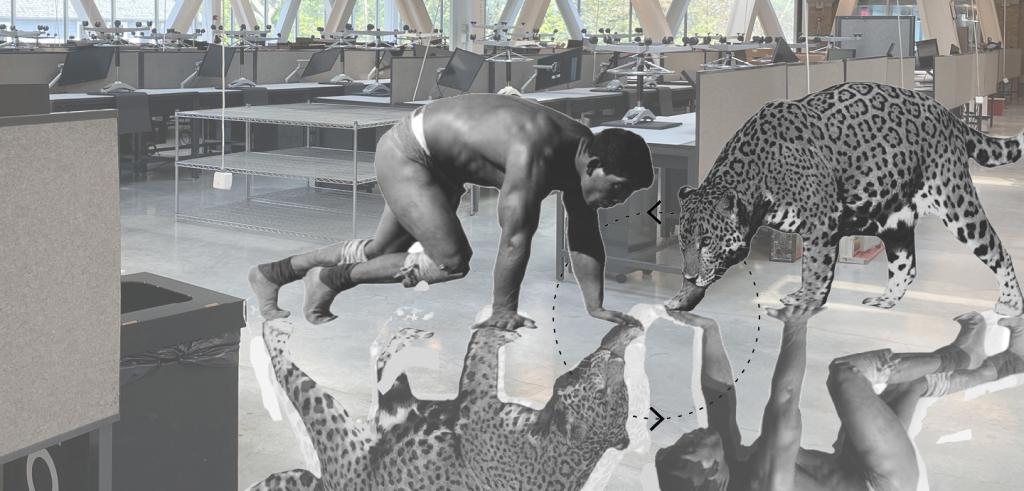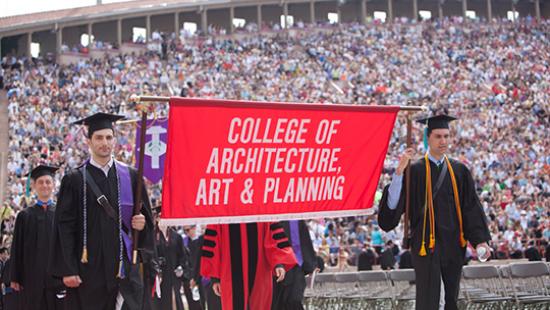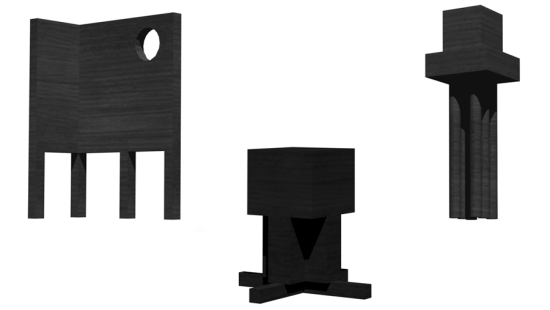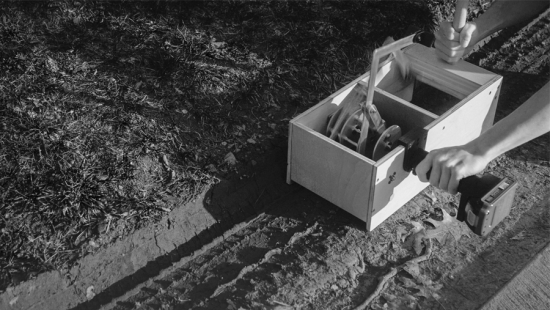Anna Dietzsch: Forest City

image / provided
Bio:
Anna Dietzsch is an architect and urban designer, with degrees from the University of São Paulo and Harvard University. She is currently partner in charge of ArC (Arquitetura da Convivencia) and integrates the Hudson Valley Collaborative platform. She coordinates the Architecture and Biosphere Platform at Escola da Cidade, in São Paulo and has taught at Columbia University and at City College, NY. Working in between theory and practice, Anna has been responsible for projects like the Victor Civita Plaza and the Green Stream Linear Park in São Paulo, the 9/11 Memorial Museum, and the Pop-up Pool at Brooklyn Bridge Park in New York. Her research about the urbanization of the Brazilian Amazon, entitled Forest City, searches for hybrid forms of sustainable development that value traditional and indigenous knowledge to reconcile the rupture between "natural" and "urban".
Abstract:
Even though the Amazon region is largely perceived as a forest, the process of extensive urbanization (H. Lefebvre) is rapidly changing its socio-spatial forms. As the global economy advances deeper into "natural realms" and border territories disintegrate through changes in ecological systems, we know that 70% of the population in the Brazilian Amazon lives in urban areas. These areas function as the backbone for a large infrastructure of extraction, that causes immense environmental damage but also forms the platform for resistance and change.
Forest City is a platform in evolution, a manifest for an alternative city. As it questions structural paradigms of our modern industrial city, it proposes a reconciliation between "nature" and "urban", so we can transform the current process of "extensive urbanization into one of extensive naturalization" (R. Monte-Mor). It is a hybrid city that results from the productive encounter of the forest (and its dwellers), traditional Indigenous practices, and Western technology.
This lecture is organized around my research on the urbanization occurring in the Amazon Basin and experiences on how this process could be transformed.
Introduction by Lily Chi
Please register HERE for the in-person lecture.
Please register HERE to attend the lecture via Zoom.
Attendance is open to the public and Cornell community with advance registration and required COVID-19 measures.*
- Proof of being fully vaccinated for COVID-19 with an FDA- or WHO-authorized vaccine; OR
- Results of a negative FDA- or DOH-authorized PCR, rapid PCR, or nucleic acid amplification test (NAAT) COVID-19 test collected within 72 hours of the event start; OR
- An FDA-authorized antigen test was performed on a specimen collected within 6 hours of the event start.





